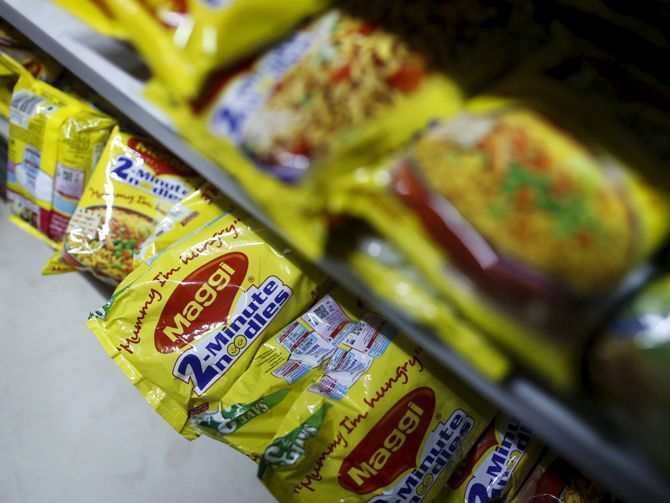
The country’s apex food safety regulator and packaged food companies appear to be on a different page than a year before, when the Maggi crisis grabbed headlines.
At that time, regulator and industry stood sharply divided on the issue, with the latter claiming it would impact investments in the business.
Now, however, top company executives tell Business Standard, a string of measures in recent months has helped reduce the earlier friction.
The measures include operationalising of standards on food additives for use in various categories.
This has marked the entry of an ingredient-based regulatory regime, as opposed to a product-based approval system.
The latter was a huge bone of contention between regulator and industry, resulting in massive backlog.
The system was eventually scrapped in August 2015 by the Supreme Court, which found the process arbitrary.
The ingredient-based regime saw some 9,000 food additives becoming a part of the food safety regulations (issued in 2011).
Earlier, these regulations, which operationalised the Food Safety & Standards Act of 2006, had only 377 food items on its list.
This put companies in a spot if ingredients beyond this list were part of their food products. Resulting in ill-will and litigation.
Dev Bajpai, executive director (legal and corporate affairs) at Hindustan Unilever, the country's largest consumer goods company and with a presence in packaged food, describes the shift to an ingredient-based regulatory regime as a progressive step.
"It will foster investment and innovation in packaged foods," he says.
He also felt this approach would bring India up to speed with global food standards such as CODEX, the norm abroad.
The other key measure introduced by the food safety regulator was the clarification on proprietary foods, another grey area for food companies.
FSSAI in January clarified its position on this, saying it was an article of food that had not been standardised under the regulations -- excluding novel foods, food for special dietary use, functional foods, nutraceuticals, health supplements and such other articles of food the Central government had not notified.
This was considered a simpler explanation of proprietary foods in comparison to Section 22 of the 2006 Act, which had no direct mention of what constituted these.
Instead, the section had grouped various categories such as organic foods, genetically modified foods, novel foods and proprietary foods, among others as not notified by the government and, hence, not allowed to be made, sold, distributed or imported.
The January 2016 notification also clarified that the full responsibility for the safety of proprietary foods would be with the manufacturer, implying a breach on their part could invoke penalties.
“We believe in a strong regulatory framework, coupled with predictability which creates a level playing field for all.
The regulator in the past one year has been pro-active, engaging stakeholders to create an environment where both the industry and the consumer market can thrive in India,” said Chandramouli Venkatesan, managing director of Mondelez India (earlier Cadbury India).
A more recent measure was the March 31 notification by FSSAI on monosodium glutamate.
This states that in the absence of a precise method to determine if it was naturally found or added during the manufacturing process of a food product, prosecution would be launched when a manufacturer added the ‘No MSG’ or ‘No added MSG’ label when the food product actually had MSG. Food safety experts have said this will go a long way to regulate usage of MSG, commonly found in food products.
A STRING OF MEASURES IN RECENT MONTHS
Measures include operationalising of standards on food additives for use in various categories
- This marked the entry of an ingredient-based regulatory regime, which saw 9k additives becoming a part of the norms
- Other key measure started by the food safety regulator was a clarification on proprietary foods
- This notification clarified that the full responsibility for these would be with the manufacturer, implying a breach on their part could invoke penalties
- A more recent measure was the March 31 notification on monosodium glutamate
Image: Packets of Maggi noodles. Photograph: Reuters












 © 2025
© 2025